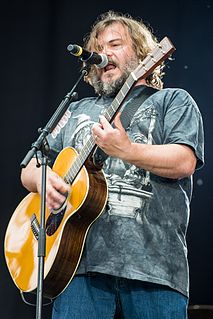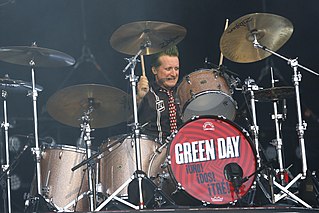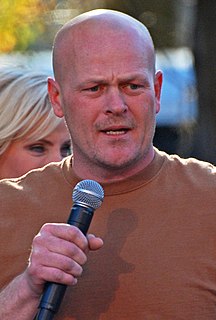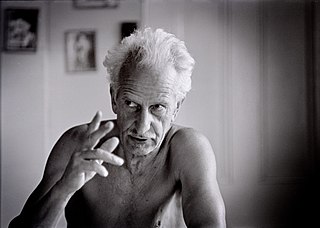A Quote by Jack Black
Justice is a word that resides in the dictionary. It occasionally makes its escape, but is promptly caught and put back where it belongs.
Related Quotes
A lot of people thought oh, we caught the dictionary in racism, or all it takes is a whole bunch of people saying that a word is bad for the dictionary to change it. That's not the case. For nude, things that are called nude color, that color palate has broadened very recently, in the last maybe seven to 10 years, and now covers all skin tones.
The bold and discerning writer who, recognizing the truth that language must grow by innovation if it grow at all, makes new words and uses the old in an unfamiliar sense has no following and is tartly reminded that 'it isn't in the dictionary' - although down to the time of the first lexicographer no author ever had used a word that was in the dictionary.
Additionally, Liesl and Po is the embodiment of what writing has always been for me at its purest and most basic--not a paycheck, certainly; not an idea, even; and not an escape. Actually, it is the opposite of an escape; it is a way back in, a way to enter and make sense of a world that occasionally seems harsh and terrible and mystifying. (From the "Author's Note" at the end).
Whenever we remember a series of events, we remember them different. We are constantly changing. It's a flaw, but on the other hand, when we say a word, the meaning is not what you put into it. Rather, the meaning of the word is all of the past usages of that word. Like this cloud that makes up the meaning of the word. It's your subject if you write. For instance what you put in that word and what you assume it means, even its flaw. It has a general agreement.
Fail, it's not in my dictionary. I've got a good dictionary up there and the words 'fail' and 'failure' have been ruled out for years. I don't know what people are talking about who use that word. All I do know is temporary non-success, even if I've got to wait another 20 years for what I'm after, and I try to put that into people, no matter what their object in life.

































